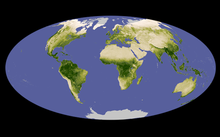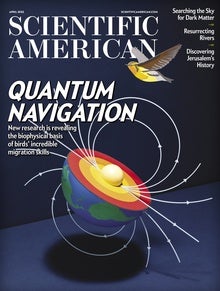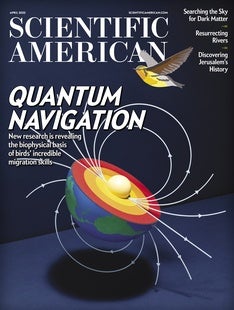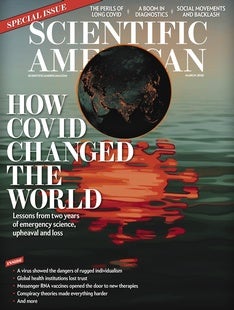 |
| March 15, 2022 |
Dear Reader,
Russian sources are attempting to spread a variety of misleading or false stories about its invasion of Ukraine, much like the disinformation campaigns it waged surrounding the 2016 U.S. election. But this time, social media platforms and governments have become more adept at combatting information warfare. In this week's lead story, I spoke with misinformation researcher Laura Edelson about what has changed since 2016—and what else tech companies can do to reduce the spread of misinformation. |
| | Sophie Bushwick, Associate Editor, Technology
| |
 |
| |
| |
| |
| |
| |
| |
| |
| |
| |
FROM THE STORE
 | | | |
| QUOTE OF THE DAY
 "The latest major leak happened on March 10th, when Distributed Denial of Secrets published more than 800GB of leaked data from Roskomnadzor: the Federal Service for Supervision of Communications, Information Technology, and Mass Media, or Russia's primary censorship agency." Corin Faife, The Verge | |
| |
FROM THE ARCHIVE
 | | | |
LATEST ISSUES
 |
| |
| Questions? Comments?  | |
| Download the Scientific American App |
| |
| |























